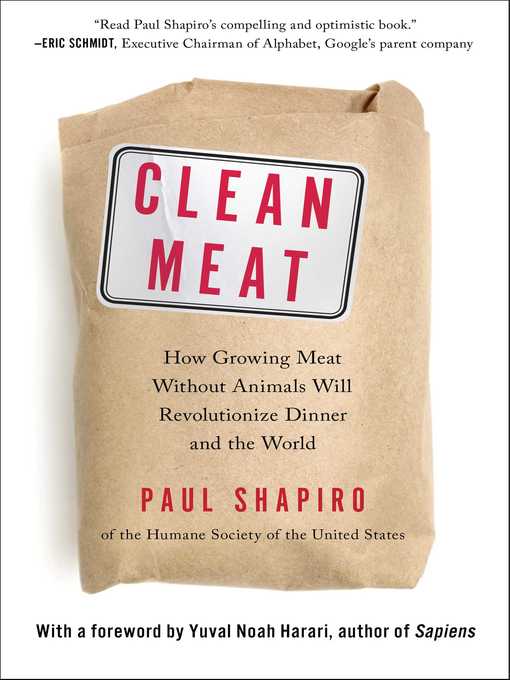
Clean Meat
How Growing Meat Without Animals Will Revolutionize Dinner and the World
کتاب های مرتبط
- اطلاعات
- نقد و بررسی
- دیدگاه کاربران
نقد و بررسی

December 1, 2017
An intriguing argument from an animal rights perspective for developing an economy of cultured, lab-born meat.Shapiro, a vice president at the Humane Society, observes at the outset that the seemingly science-fiction-y thing he calls "clean meat" is a reality. The first "cultured hamburger" was produced in 2013, and though it cost about $330,000 back then, like every other technological innovation, its price has fallen--costs now are in the vicinity of $11 per burger. The same is true of animal foods and products of other kinds, from dairy to poultry to leather. The author invites readers to consider that within a decade or two, it may be possible to eat meat that has not involved the suffering of a living animal and to wear shoes made of leather that has not come from a slaughterhouse. Touring several experimental facilities and speaking with industry experts, Shapiro serves up portraits of a rapidly developing technology. One now-controversial product, foie gras, makes a good inaugural candidate for the industrial approach, since, as one spokesperson says, "the cell lines and media conditions would be relevant to similar products we want to make such as other duck meats, chicken liver, and other poultry products." Naturally, there will be consumers who balk at the thought of laboratory-produced food, to which Shapiro responds that much of our food is already genetically modified. Meat may very well one day be seen as a kind of garnish rather than the centerpiece of a meal that is otherwise plant-governed. The least successful portion of the narrative, because it's not entirely argued through, concerns the ethics of a hypothetical situation that is now verging into actuality: "would these animals never existing in the first place be better than us bringing them into the world, giving them a life, and killing them rapidly?"If the thought of a future of a brewed burger isn't appalling then this will be just your cup of meat.
COPYRIGHT(2017) Kirkus Reviews, ALL RIGHTS RESERVED.

























دیدگاه کاربران